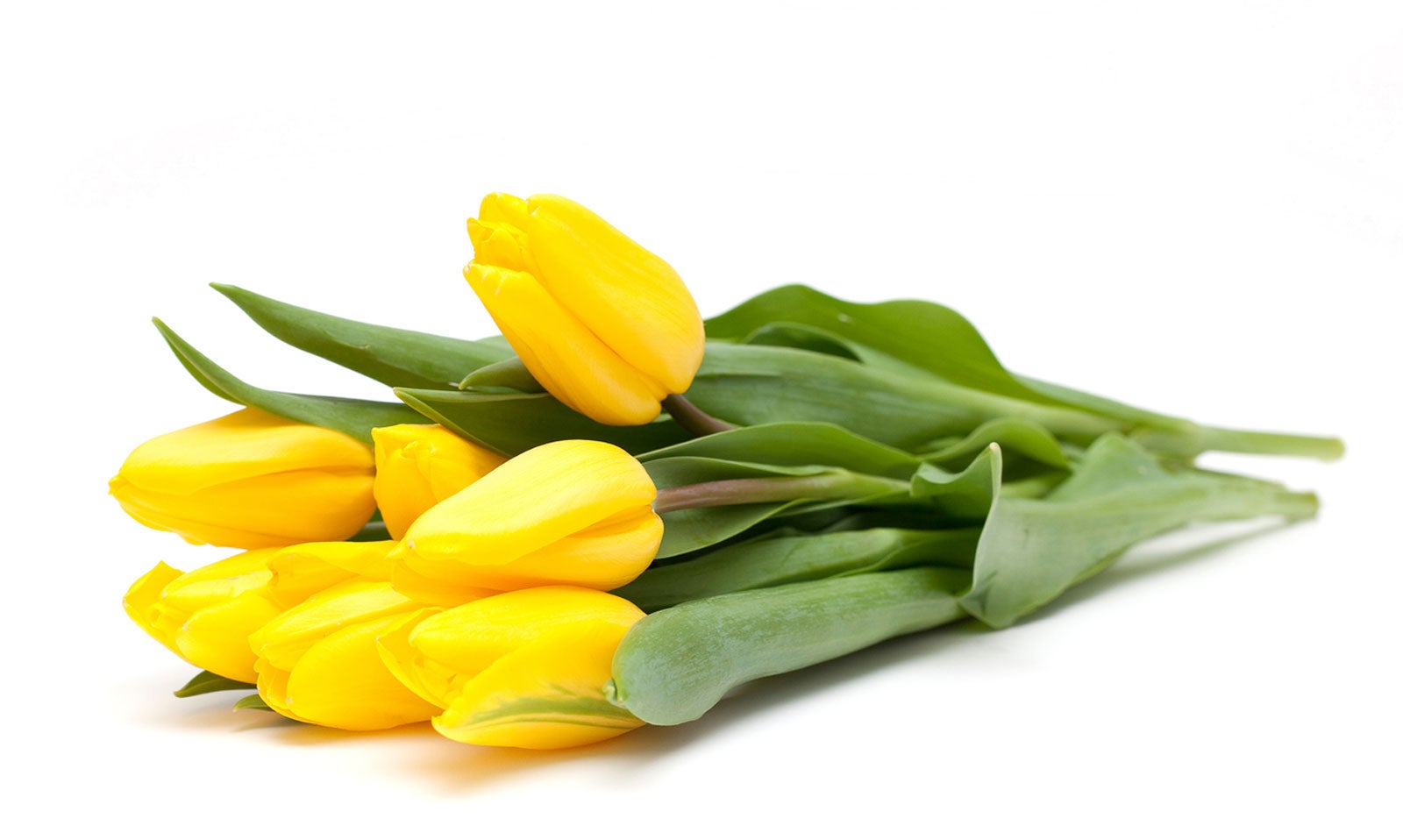Can You Plant Cut Flowers: Will Cut Flowers Grow Roots


Sign up for the Gardening Know How newsletter today and receive a free copy of our e-book "How to Grow Delicious Tomatoes".
You are now subscribed
Your newsletter sign-up was successful
Bouquets of flowers are popular gifts for birthdays, holidays, and other celebrations. With proper care, those cut flowers can last a week or more, but eventually, they will die. What if there were a way to turn the cut blossoms back into real growing plants? Rooting bouquet flowers doesn’t require a magic wand, just a few simple tips. Read on to learn the basics of how to regrow already cut flowers.
Can You Plant Cut Flowers?
It’s always a little sad to cut flowers in the garden. A clip of the garden scissors transforms a rose or hydrangea blossom from a living plant into a short-lived (yet beautiful) indoor display. You may even feel a twinge of regret when someone brings you gorgeous cut flowers.
Can you plant cut flowers? Not in the normal sense of the word, since sinking your bouquet into a garden bed won’t have a positive effect. However, regrowing cut flowers is possible if you root the stems first.
Will Cut Flowers Grow Roots?
Flowers need roots in order to grow. Roots provide the plants with the water and nutrients they need to survive. When you cut a flower, you separate it from the roots. Therefore, you’ll need to work on rooting bouquet cut flowers in order to regrow them.
Will cut flowers grow roots? Many cut flowers will, in fact, grow roots with the right treatment. These include roses, hydrangea, lilac, honeysuckle, and azaleas. If you’ve ever propagated perennials from cuttings, you’ll understand the basics of regrowing cut flowers. You cut off a piece of the cut flower stem and encourage it to root.
How to Regrow Already Cut Flowers
Most plants propagate sexually via pollination, flowering, and seed development. However, some also propagate asexually by rooting cuttings. This is a technique that gardeners use to propagate perennial flowers as well as herbs, shrubs, and even trees.
To propagate cut flowers from cuttings, you need to act while the bouquet is still fresh. You will need a piece of the flower stem 2 to 6 inches (5-15 cm.) long that contains two or three sets of leaf nodes. Remove flowers and any leaves on the bottom nodes.
Sign up for the Gardening Know How newsletter today and receive a free copy of our e-book "How to Grow Delicious Tomatoes".
When you go to cut the stem, be sure that the bottom of the cutting is just below the lowest set of leaf nodes. This cut should be at a 45-degree angle. Count up three nodes and make the top cut.
Dip the lower end of the cutting in a rooting hormone, then insert it carefully into a small pot filled with moist, soilless potting mix. Cover the little plant with a plastic bag and keep the soil moist. Be patient and don’t try to transplant until the roots grow.

Teo Spengler is a master gardener and a docent at the San Francisco Botanical Garden, where she hosts public tours. She has studied horticulture and written about nature, trees, plants, and gardening for more than two decades, following a career as an attorney and legal writer. Her extended family includes some 30 houseplants and hundreds of outdoor plants, including 250 trees, which are her main passion. Spengler currently splits her life between San Francisco and the French Basque Country, though she was raised in Alaska, giving her experience of gardening in a range of climates.